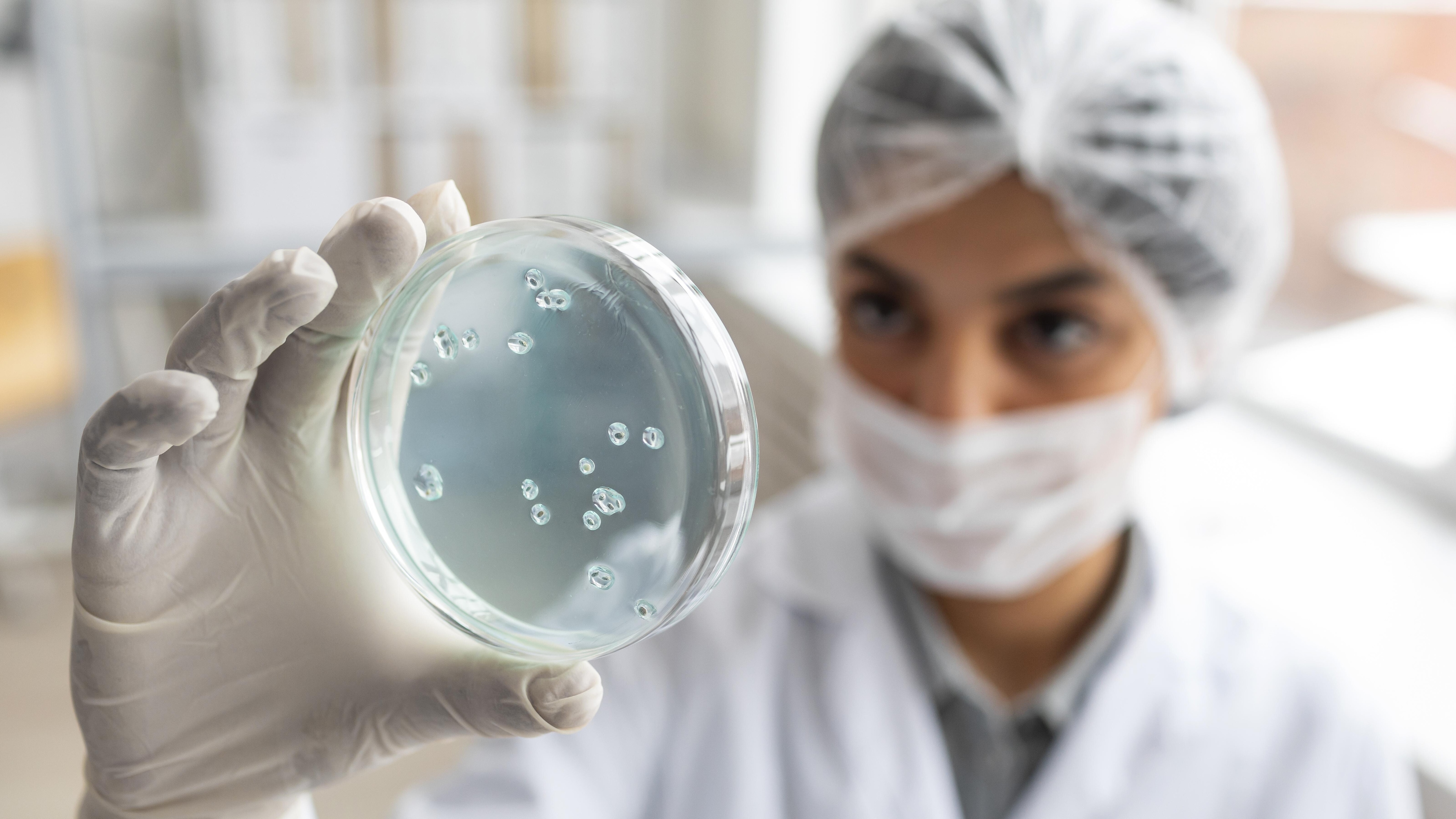New cell therapy reduced epilepsy and improved memory in mice after brain injury

Image: Robina Weermeijer/Unsplash
Stay up to date:
Precision Medicine
A new cell therapy improved memory and prevented seizures in mice following traumatic brain injury, researchers report.
Traumatic brain injuries affect 2 million Americans each year and causes cell death and inflammation in the brain. People who experience a head injury often suffer from lifelong memory loss and can develop epilepsy.
In the study, the researchers transplanted embryonic progenitor cells capable of generating inhibitory interneurons, a specific type of nerve cell that controls the activity of brain circuits, into the brains of mice with traumatic brain injury. They targeted the hippocampus, a brain region responsible for learning and memory.
The researchers discovered that the transplanted neurons migrated into the injury where they formed new connections with the injured brain cells and thrived long term.
Within a month after treatment, the mice showed signs of memory improvement, such as being able to tell the difference between a box where they had an unpleasant experience from one where they did not. They were able to do this just as well as mice that never had a brain injury.
The cell transplants also prevented the mice from developing epilepsy, which affected more than half of the mice not treated with new interneurons.
“Inhibitory neurons are critically involved in many aspects of memory, and they are extremely vulnerable to dying after a brain injury,” says Robert Hunt, an assistant professor of anatomy and neurobiology at the School of Medicine at the University of California, Irvine, who led the study. “While we cannot stop interneurons from dying, it was exciting to find that we can replace them and rebuild their circuits.”
This is not the first time Hunt and his team has used interneuron transplantation therapy to restore memory in mice. In 2018, the team used a similar approach, delivered the same way but to newborn mice, to improve memory of mice with a genetic disorder.
Still, this was an exciting advance for the researchers. “The idea to regrow neurons that die off after a brain injury is something that neuroscientists have been trying to do for a long time,” Hunt says. “But often, the transplanted cells don’t survive, or they aren’t able to migrate or develop into functional neurons.”
To further test their observations, Hunt and his team silenced the transplanted neurons with a drug, which caused the memory problems to return.
“It was exciting to see the animals’ memory problems come back after we silenced the transplanted cells, because it showed that the new neurons really were the reason for the memory improvement,” says first author Bingyao Zhu, a junior specialist.
Currently, there are no treatments for people who experience a head injury. If the researchers can replicate the results in humans, it could have a tremendous impact for patients. The next step is to create interneurons from human stem cells.
“So far, nobody has been able to convincingly create the same types of interneurons from human pluripotent stem cells,” Hunt says. “But I think we’re close to being able to do this.”
The study appears in Nature Communications.
The National Institutes of Health funded the work.
Don't miss any update on this topic
Create a free account and access your personalized content collection with our latest publications and analyses.
License and Republishing
World Economic Forum articles may be republished in accordance with the Creative Commons Attribution-NonCommercial-NoDerivatives 4.0 International Public License, and in accordance with our Terms of Use.
The views expressed in this article are those of the author alone and not the World Economic Forum.
Forum Stories newsletter
Bringing you weekly curated insights and analysis on the global issues that matter.
More on Health and Healthcare SystemsSee all
Shiloh Paswani and Mansoor Aamir
August 14, 2025
James Balzer
August 14, 2025
Madeleine North
August 13, 2025
Charlotte Edmond
August 11, 2025
Adriana Banozic-Tang and Heng Wang
August 5, 2025
Tom Crowfoot
July 30, 2025






